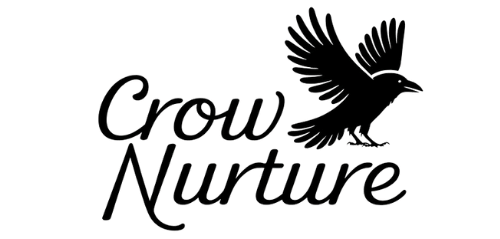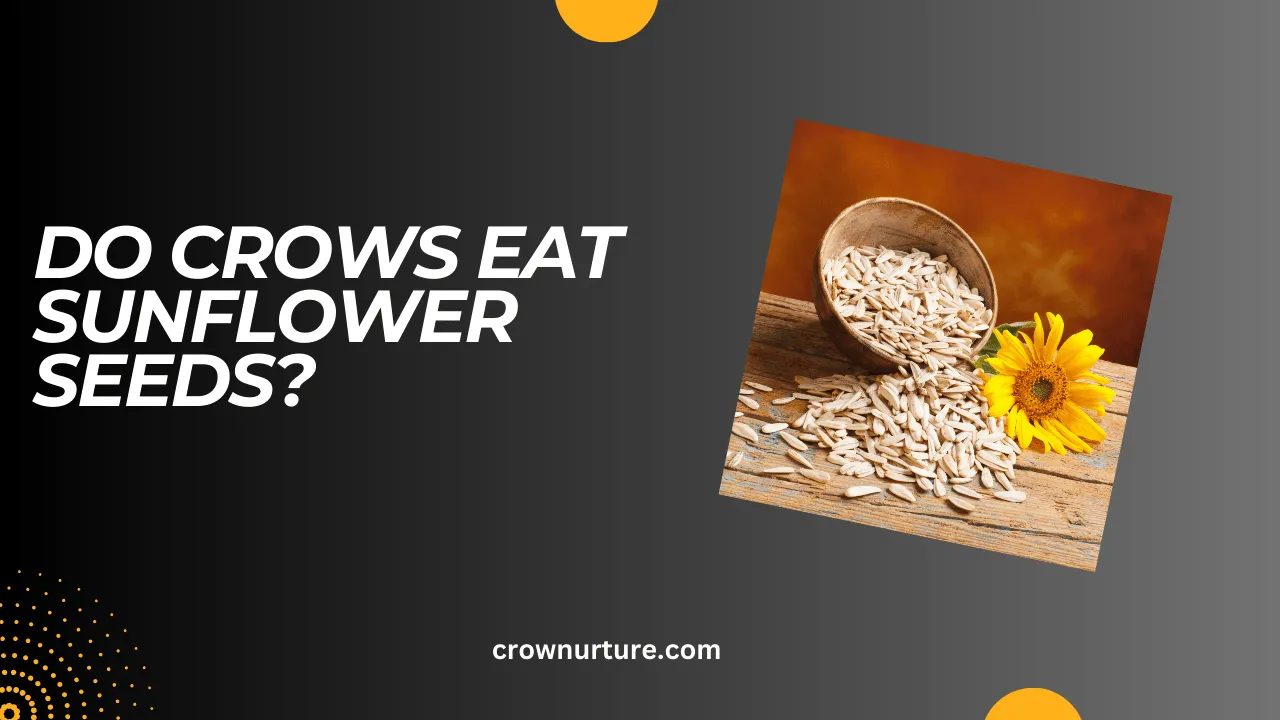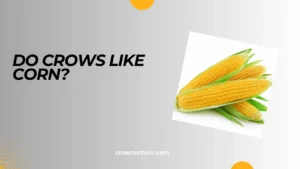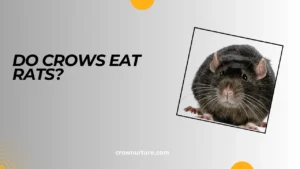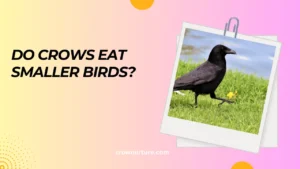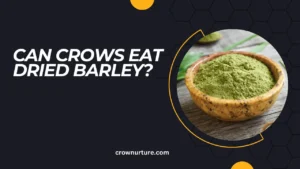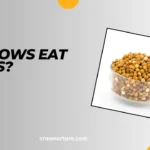Crows are among the smartest birds in the animal kingdom, known for their intelligence, problem-solving skills, and resourceful nature. But one lesser-known fact about these remarkable birds is their fondness for sunflower seeds, a staple in many bird feeders.
This unique dietary preference raises questions about how crows interact with their environment and other bird species. For gardeners, bird watchers, and anyone curious about wildlife, the relationship between crows and sunflower seeds is both fascinating and relevant.
Why do crows love sunflower seeds so much? Are they helpful in the ecosystem, or do they cause problems for smaller birds at feeders? Understanding these interactions sheds light on the importance of balancing human activities with the needs of wildlife.
Whether you want to attract crows to your yard or keep them away, exploring their behavior and habits offers valuable insights. Crows aren’t just opportunistic feeders; they play a vital role in the ecosystem, and their fondness for sunflower seeds is just one example of their adaptability.
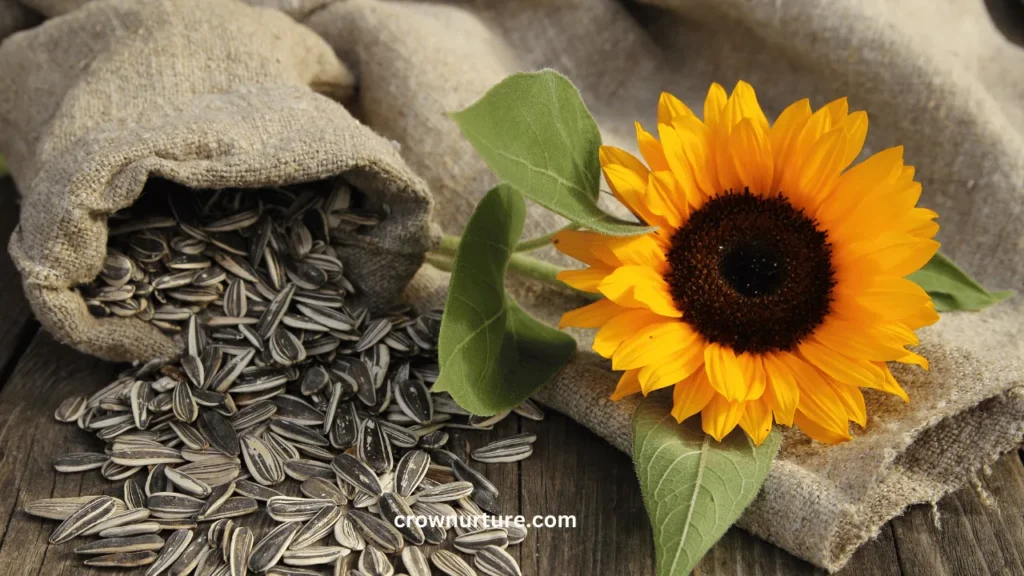
Contents
1. Crow Diet: Omnivorous Opportunists
- Diverse Diet:
Crows are highly omnivorous, consuming insects, grains, fruits, carrion, and even small animals. Their adaptable diet allows them to thrive in various habitats. - Natural Preferences:
In nature, crows feed on a mix of berries, seeds, eggs, and small vertebrates, showcasing their ability to find food in any environment. - Opportunistic Feeders:
These birds capitalize on what’s available, making bird feeders and sunflower seeds an easy and attractive source of food.
2. Sunflower Seeds: A Crow Favorite
- Nutritional Value:
Sunflower seeds are rich in fats and proteins, providing crows with essential energy, especially during colder months. - Accessibility:
Sunflower seeds are often found in bird feeders, making them an easy target for crows. Their strong beaks allow them to crack open even tough shells. - Caching Behavior:
Crows often store sunflower seeds for later, hiding them in safe spots and returning when food becomes scarce.
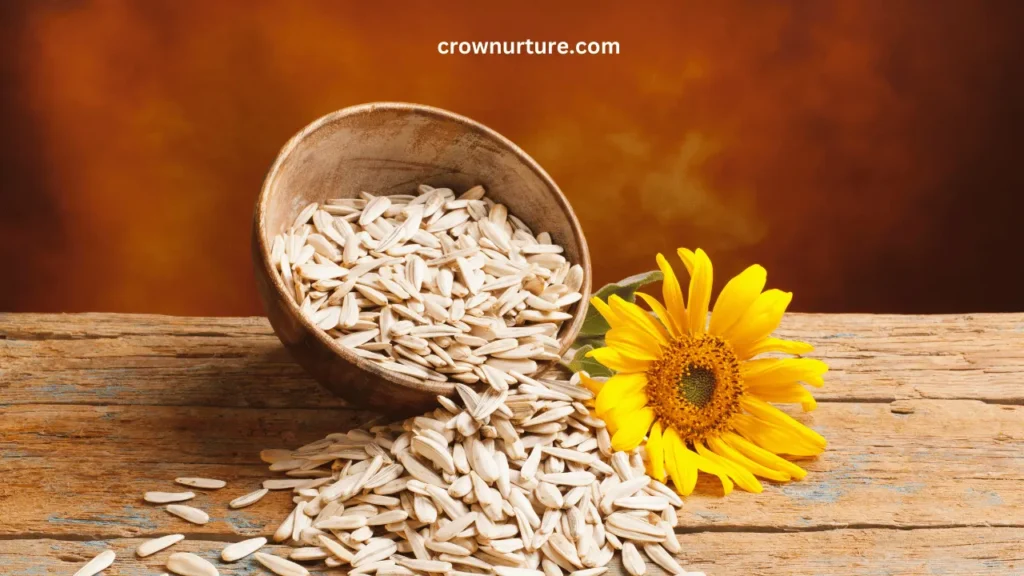
3. Crow Foraging Behavior
- Problem-Solving Skills:
Crows use their intelligence to access difficult food sources. They can learn to manipulate feeders or find creative ways to reach sunflower seeds. - Social Learning:
Crows observe and learn from each other. If one discovers a reliable food source, others may follow. - Defensive Behavior:
When foraging, crows often defend food sources aggressively, which can intimidate smaller birds and create competition at feeders.
4. Attracting or Deterring Crows
- Attracting Crows:
If you enjoy watching crows, you can place sunflower seeds in sturdy feeders or directly on the ground in open spaces. - Deterring Crows:
To keep crows away, consider:- Cage Feeders: Designed to allow access only for smaller birds.
- Weight-Sensitive Feeders: Close when a heavy bird, like a crow, lands on them.
- Scare Tactics: Use reflective tape, scarecrows, or recorded crow distress calls.
5. The Impact of Crows on Ecosystems
- Seed Dispersal:
By caching and dropping seeds, crows contribute to forest regeneration and plant growth. - Pest Control:
Crows also eat insects and rodents, helping to control pest populations naturally. - Competition with Other Birds:
While beneficial, crows’ aggressive feeding behavior can create competition for resources with smaller bird species.
Conclusion
Crows are indeed fond of sunflower seeds, adding them to their diverse and adaptable diet. Their intelligence and resourcefulness allow them to access feeders, store seeds, and thrive in urban and rural environments.
These behaviors highlight their importance in maintaining ecological balance, from pest control to seed dispersal. However, their competitive nature at feeders can sometimes lead to conflicts with humans and other bird species.
By understanding crow behavior, we can find ways to coexist peacefully, whether through attracting them for observation or implementing strategies to deter them.
Crows and sunflower seeds may seem like a small part of nature’s story, but they reveal much about the interconnectedness of ecosystems. Appreciating the role of these intelligent birds can help us foster a deeper connection with the wildlife around us.
FAQs
1. Do crows eat sunflower seeds?
Yes, crows eat sunflower seeds, often raiding bird feeders for this high-energy food.
2. Why do crows like sunflower seeds?
Sunflower seeds are rich in protein and fat, making them an ideal food for energy and nutrition.
3. How do crows eat sunflower seeds?
Crows use their strong beaks to crack open shells and eat the seeds inside.
4. Are sunflower seeds healthy for crows?
Yes, sunflower seeds are safe and nutritious for crows when eaten in moderation.
5. Do crows compete with other birds for sunflower seeds?
Yes, crows can dominate feeders, often scaring away smaller birds.
6. How can I keep crows away from my bird feeders?
Use cage feeders, weight-sensitive feeders, or scare tactics to discourage crows.
